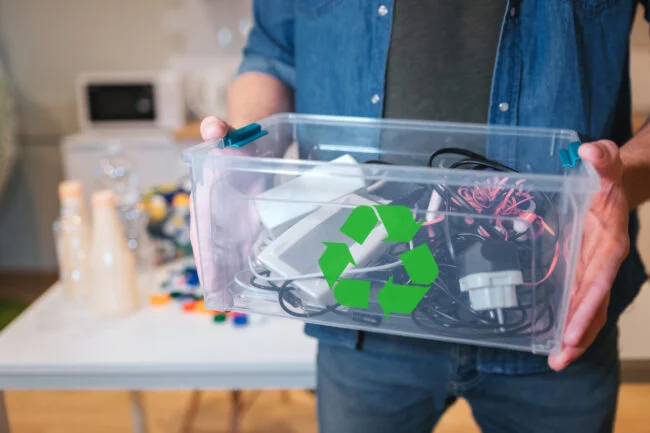In a world where waste continues to accumulate, recycling has become a crucial aspect of minimizing environmental impact. Many consumers are unaware that their favorite retailers offer extensive recycling programs for items ranging from electronics to furniture and housewares. Not only do these programs contribute to waste reduction, but they also often come with enticing incentives such as coupons, gift cards, and trade-in deals. Let’s explore 13 retailers that go beyond the norm, turning your unwanted items into opportunities for sustainability.
- Best Buy:
A pioneer in recycling, Best Buy has reclaimed a staggering 2.7 billion pounds of e-waste and appliances since 2009. Their program accepts old electronics, providing special promotions, gift cards, and even free hauling services for larger items. Teaming up with Electronic Recyclers International, Best Buy ensures responsible disposal and repurposing of materials.
- The Home Depot:
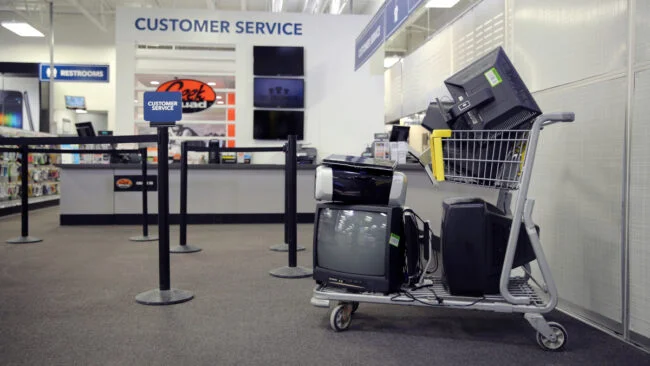
Renowned for its comprehensive recycling initiatives, The Home Depot partners with Call2Recycle to recycle lithium-ion batteries and collaborates with Trex to repurpose plastic bags. In 2017 alone, the retailer recycled 1.1 million pounds of rechargeable batteries, showcasing a commitment to sustainable practices.
- Staples:
Staples not only recycles old office supplies and electronics but also rewards customers for their efforts. Through the Staples Rewards program, patrons can earn cash back for recycling technology, ink, and toner cartridges. Staples aims to make recycling a seamless and rewarding part of consumers’ daily routines.
- Walmart:
Walmart’s trade-in program allows customers to exchange used cell phones, laptops, and more for instant Walmart gift cards. This initiative not only promotes responsible disposal but also contributes to the circular economy by refurbishing devices or recycling them through sustainable methods.
- Advance Auto Parts:
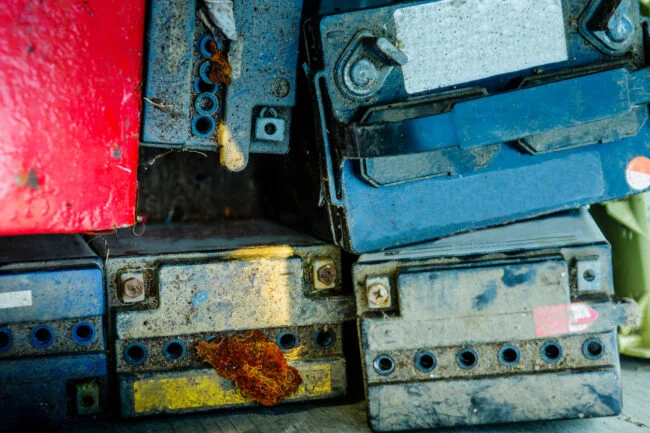
Recognizing the environmental impact of car batteries, Advance Auto Parts incentivizes customers to return old batteries by offering a $10 gift card. This initiative ensures proper disposal of hazardous materials and promotes the creation of new batteries from recycled components.
- Apple:
Apple’s commitment to sustainability extends to its trade-in program, allowing customers to exchange old Apple devices for store credit. Refurbishing or recycling through specialized processes ensures that even non-Apple electronics contribute to a more sustainable future.
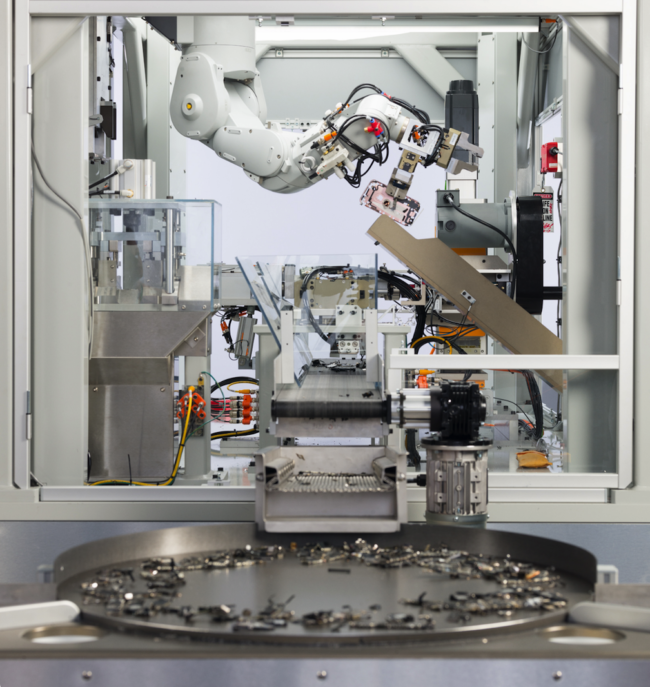
- Habitat ReStores:
Habitat for Humanity’s ReStore not only accepts a wide range of items but also uses proceeds from sales to build affordable homes. While not offering direct incentives, the chance to contribute to community housing projects makes donating to Habitat ReStores a fulfilling endeavor.
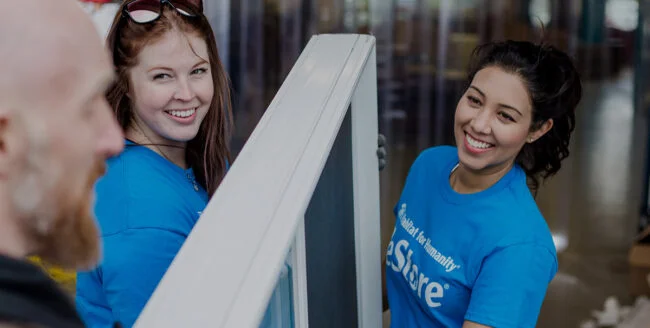
- Amazon:
Amazon goes beyond selling used products by accepting gently used electronics for refurbishment. The company provides gift cards as a reward, encouraging customers to contribute to the circular economy and responsible e-waste management.
- H&M:
H&M’s textile recycling program accepts all types of linens, offering customers a coupon for their next purchase in return. Since 2013, H&M has recycled over 155,000 tons of textiles, showcasing their dedication to reducing the fashion industry’s environmental impact.
- HP:
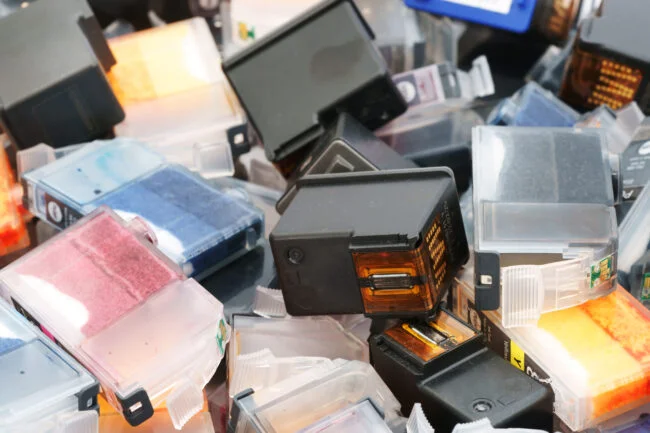
HP’s Planet Partners program encourages customers to recycle ink and toner cartridges, with over 1 billion recycled to date. By giving a second life to printing supplies, HP strives to minimize electronic waste and decrease greenhouse gas emissions.
- Nespresso:

Nespresso’s recycling program for coffee capsules allows enthusiasts to contribute to sustainability. The aluminum from the pods is repurposed into various items, while coffee grounds are used for compost or green energy, showcasing a holistic approach to recycling.
- Kroger:
Kroger addresses plastic waste by providing convenient drop-off bins for customers to recycle plastic grocery bags and packaging. With a goal to eliminate single-use plastic grocery bags in all stores by 2025, Kroger is dedicated to responsible plastic disposal.
- Williams-Sonoma:
Williams-Sonoma embraces a circular economy through initiatives with donation programs and exploring rental and resale models. By partnering with organizations like Good360, the company ensures unsold products find new homes, reducing waste and supporting local communities.
Conclusion:
These 13 retailers stand out for their commitment to sustainability, offering consumers convenient ways to recycle and repurpose a variety of items. As we navigate an era of heightened environmental awareness, these initiatives not only contribute to waste reduction but also empower consumers to make environmentally conscious choices while enjoying additional perks from their favorite stores.
images source : istockphoto

